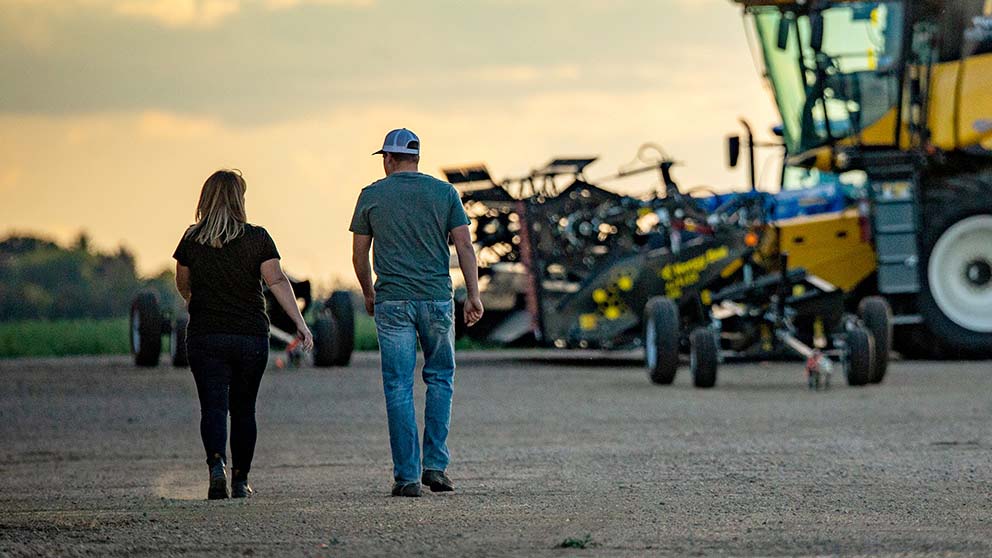How to make the most of online conferences and events

With so many in-person conferences moving online, it can take some practice to learn from the new way of receiving information.
But with a few adjustments to typical conference ways of learning, the online experience can be just as valuable, say learning experts.
“Going to a conference is a wonderful chance to learn,” agrees Janet Stewart, an Ottawa-based learning experience designer.
There are still many ways to learn at online conferences, from the main speaker and breakout sessions to networking and informal learning, like hallway chats, she points out.
When attending from home, barriers to onsite conferences, such as travel, are gone. And the same goes for two (or more) conflicting meeting dates. Producers no longer need to choose between two conferences happening the same day in two cities far apart.
Instead, attend them both.
Take care of your body
Stewart is enthused about the possibilities.
“I can attend more conferences and events now than I ever could in the past,” she says, noting she recently participated in events in Kenya, Australia, England and Canada – all on the same day.
Admittedly, it took a lot of screen time. And that can be hard on eyesight. However, Stewart prepares and wears eyeglasses for screen work during the busy virtual conference season.
“Looking at a computer can lead to eye strain and fatigue,” says family farm coach Elaine Froese of Boissevain, Man. “Get your eyes checked before this conference season starts to see if you need glasses or if your prescription is still right.”
Froese recommends other health-related tips for farmers engaged in virtual conferences.
First, she says, don’t stay stationary for the conference’s duration. Get a sit-stand desk and footstool to avoid sitting all the time and locking into the same position.
The same goes for a decent wireless headset – it frees the hands, so they’re not wrapped around a smartphone for hours at a time.
As well, Froese urges producers to stay hydrated.
“Water feeds your brain,” she says, delivering nutrients and removing toxins. In that way, hydration can also help with concentration and mental alertness.
Stay focused
Froese also suggests turning off e-notifications to fully concentrate on a virtual conference speaker’s message. Finally, she says, avoid multitasking, such as answering emails or text messages when in the virtual conference.
"Farmers have a hard time ignoring their phones, they use them so much,” she says. “They’re an integral tool, but sometimes you need a rest from them when they’re a distraction.”
The challenges created by virtual conferences may deter some producers from participating. After all, it’s easier to say forget it and do something else.
Continuous improvement
Virtual conference participants should stay focused on a key goal of learning: continuous improvement.
But John Jamieson, president and CEO of the Canadian Centre for Food Integrity, urges virtual conference participants to stay focused on a key learning goal: that is, continuous improvement.
The centre offeres numerous webinars in lieu of onsite event.
“If you’re on the continuous improvement path – for example, trying to earn credits as a certified crop advisor – you need to take part in learning and professional development events,” Jamieson says.
Bottom line
Virtual conferences open the door to the possibility of attending more learning events and maintaining focus on continuous improvement. Be conference-ready, experts say, with cell phone notifications on mute, proper computer-friendly eyewear and a wireless headset.
Article by: Owen Roberts

Filling your farm team’s gaps in soft skills like communication, teamwork, etiquette and attitude can be more of a challenge than addressing wanting areas of traditional farm work.
